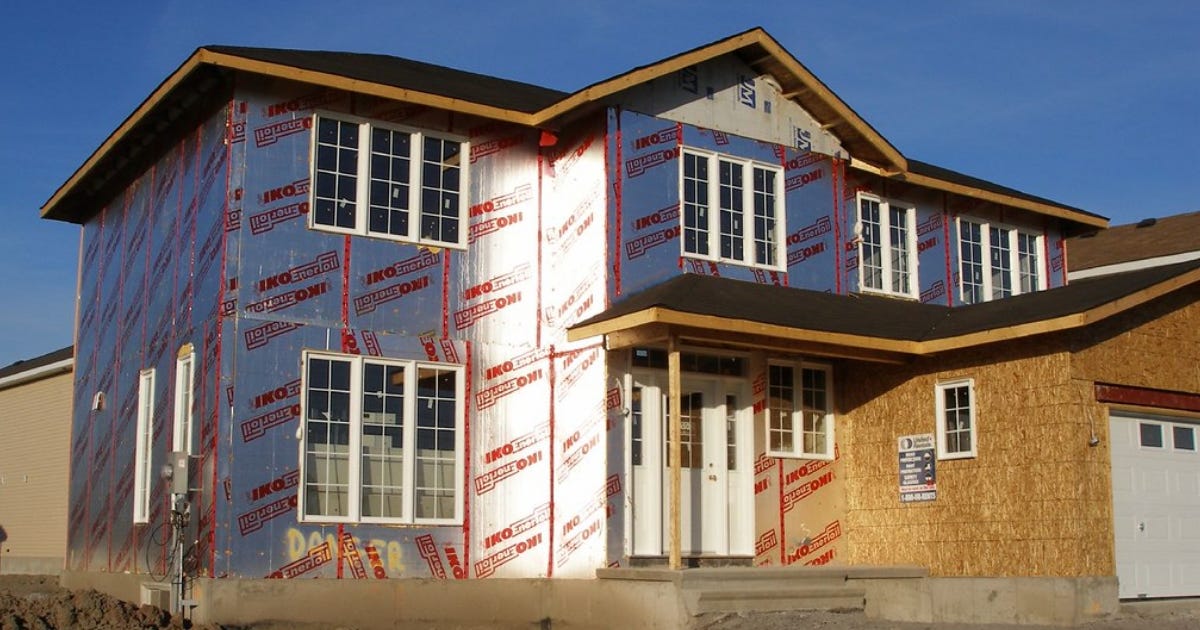Industry leader says Budget 2025 offers “false reassurances” on housing
A major construction and development coalition in the housing industry argues that the Liberals’ budget is based on “backward-looking data that provides false reassurances”.
A major construction and development coalition in the housing industry argues that the Liberals’ budget is based on “backward-looking data that provides false reassurances” that the “sector is prospering and that affordability is improving.”
Prime Minister Mark Carney unveiledBudget 2025 in the House of Commons on Tuesday, which would allocate $25 billion over the next five years to housing, claiming it will “supercharge homebuilding.”
However, President & CEO of the Building Industry and Land Development Association David Wilkes, says otherwise, calling the plan “deeply disappointing.”
“These are stale statistics,” said Wilkes in a statement released on Tuesday. “The latest figures show that new home sales have evaporated across all housing types in every major city across Canada – and a hundred thousand jobs are at risk.”
According to Wilkes, Budget 2025 fails to “address the historic downturn that the housing industry is experiencing,” as sales have dropped to near crisis levels.
“The lack of urgency to confront the current situation is committing us to a future of fewer jobs and less housing of all types in the years ahead,” he added. “The industry stands ready to work with all levels of government to confront this growing crisis head-on.”
Wilkes, who is also a co-facilitator of the Large Urban Centre Alliance, noted that what was once Carney’s promise of delivering 500,000 new homes annually has now become a plan that will cost 100,000 jobs.
New home sales have experienced a dramatic decline across many of Canada’s major municipalities compared to the 10-year average, with single-family and condominium apartment sales down 82 per cent in the Greater Toronto Area.
Several of Canada’s most populated areas are facing similar declines, with an 81 per cent drop in the Greater Golden Horseshoe, 75 per cent in Montreal, 67 per cent in Vancouver, 40 per cent in Calgary, and 33 per cent in Edmonton.
While the budget touted its removal of the GST for first-time home buyers as a means to help bring down the costs of newly built homes, BILD points out that this only affects a very small fraction of the market.
“With this narrow application, the GST/HST on new homes will continue to erode affordability for Canadians in large urban centres where the need is greatest, leaving middle-class buyers behind,” said BILD.
Additionally, the Liberals’ pledge to allocate $12 billion over the next decade for housing and infrastructure walks back on its commitment to reduce Development Charges by 50 per cent, despite claiming to maintain it.
The coalition argues that simply providing a framework for federal, territorial, and provincial agreements doesn’t equate to an “actionable plan for reducing municipal housing fees.”
According to BILD, the sole positive approach to housing in the budget is the increased funding to CMHC’s Apartment Construction Loan Program.
However, such a program will only have a “marginal impact” on lowering costs for future renters, noted the coalition.
“In the months ahead, we will continue to engage with the federal government leading up to the Spring Economic Statement and closely monitor the impacts of Budget 2025,” said Wilkes. “Our industry will continue to advocate for the bold action required to meet the housing needs of Canadian families, and to avoid the acute housing shortages in the years to come with the accompanying layoffs of 100,000+ workers in the residential construction sector.”




Wacky budget no reassurance. This has all got to be a political con game, it's more like deliberate sabotage. We are letting this joker stop at nothing to meet his self-profiting crackpot agenda while we're getting the life squeezed right out of us. Here again is more proof that our tax dollars are being squandered, abused by an incompetent parliamentary system of governance that has become flawed and polluted with unfairness and injustice. This PM doesn't know how to represent a country, he only knows how to play the system and Canada is now being played to her death.
Dystopia is a result of complacency and it's right around the corner if we dare to go look.
Not to worry...
Brookfield is going to make a killing.
Carney will have to open up a few more off-shore accounts to hide his money from Canadians and the Tax man.